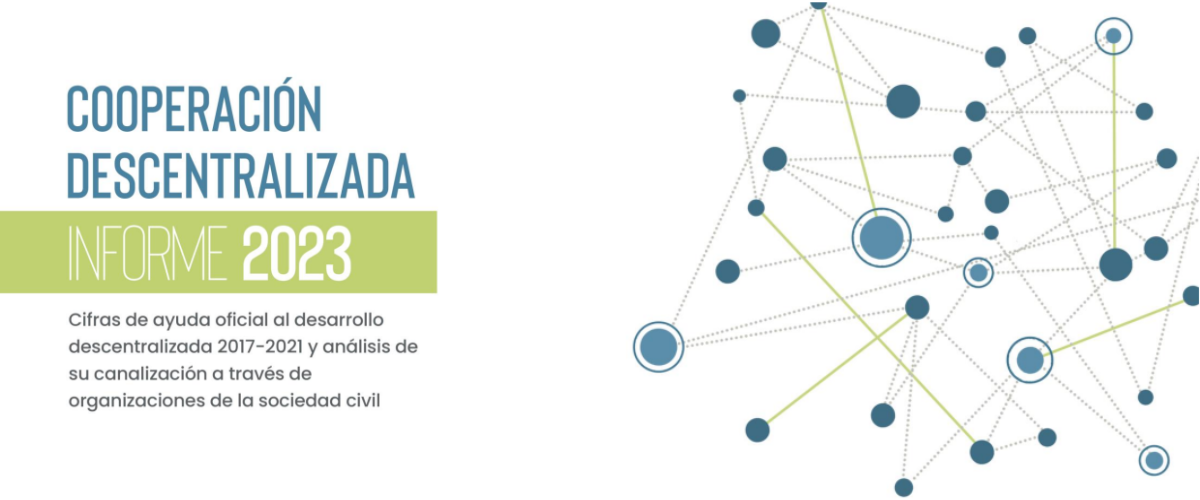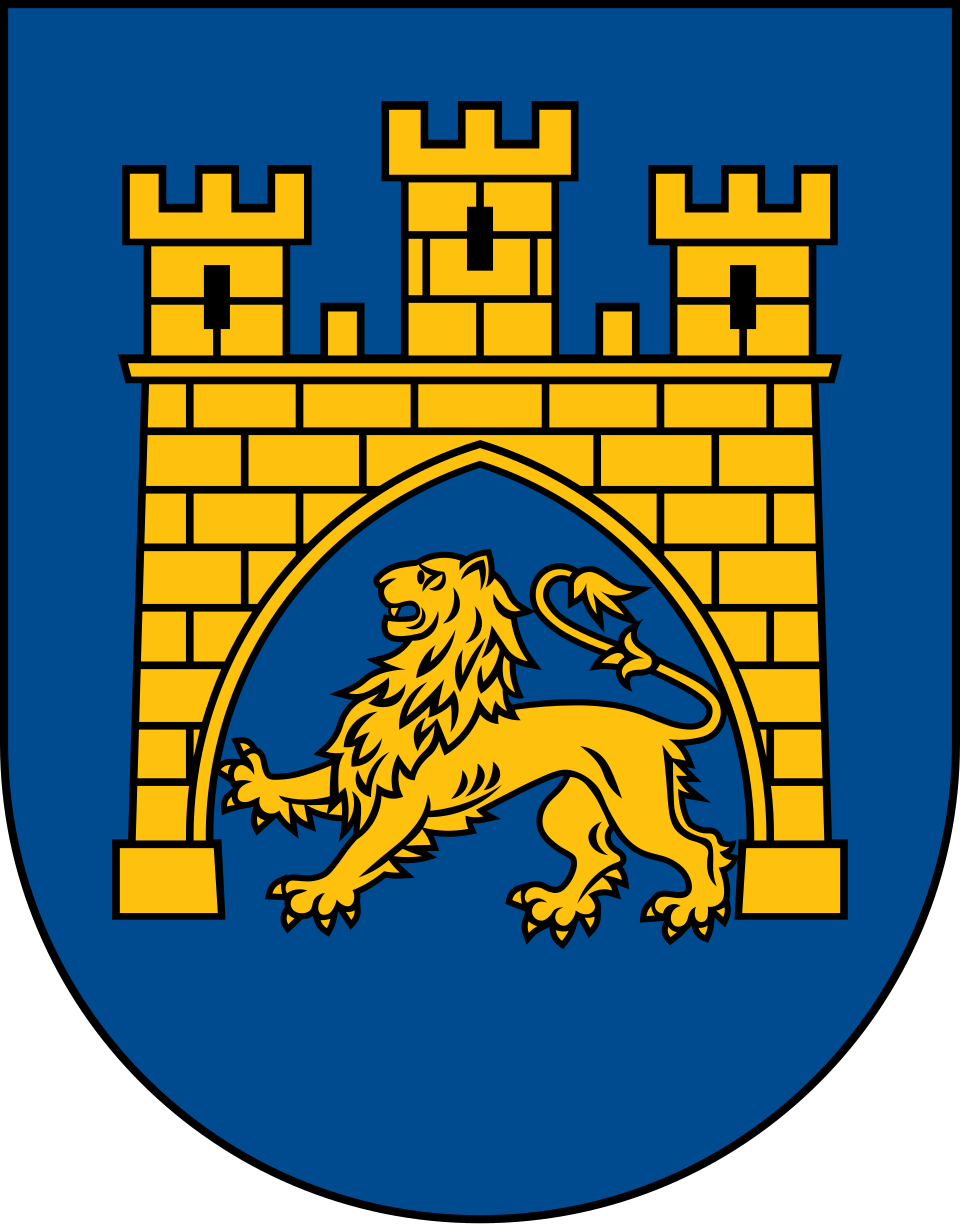Decentralised cooperation exceeds 3 billion dollars

According to the "Decentralised Cooperation Report 2023", published for the second consecutive year by the Basque Agency for Development Cooperation, cooperation from municipalities and regions reached 3072 million dollars in 2021. Thus, both in absolute and relative terms, it can be seen that decentralised cooperation is growing steadily. This is a long-term trend, even though it was slightly interrupted in 2020 due to the pandemic. In any case, in 2021, with an increase of 14% over the previous year, Decentralised Official Development Assistance (ODA) reached an all-time high.
During its presentation on 15 January, the director of the Basque Agency, Paúl Ortega, underlined the enormous potential of decentralised cooperation "to make a specific and relevant contribution in response to global challenges". The study, based on information from the OECD, accredits that eleven states have offered some type of decentralised development aid in 2021: Austria, Belgium, Canada, France, Germany, Italy, Japan, Portugal, Spain, Switzerland, the United Kingdom and the United States. Thus, the aid actions of thirty-eight specific sub-state governments are recorded, among which the Spanish autonomous communities, Flanders, Scotland, Wallonia and Bavaria stand out.
In 2021, the Basque Country will occupy first place in the ODA ranking, allocating 61 million dollars and surpassing Flanders, which in 2020 was the largest decentralised donor. The third and fourth positions in the ranking are occupied, as in the previous year, by Catalonia and the Generalitat Valenciana. Both Spanish autonomous communities have increased their ODA budgets, 7% in the case of Catalonia and 47% in the case of the Generalitat Valenciana. In fifth place in the ranking is Scotland, after doubling its ODA funds by 2021, mainly due to the provision of funds for the supply of personal protective equipment for COVID-19 to 9 countries in Sub-Saharan Africa.
In general, it is a cooperation with a high differential value; with a great diversity and plurality of actions and ways of doing things, but with a few characteristics that are common to most sub-state governments. One of them, and a fundamental one, is that they develop and deploy their initiatives in collaboration with civil society, with civil society organisations, CSOs, with non-governmental organisations. The 2022 Report showed that this is mostly channelled through NGOs and very rarely directly, through city-to-city or region-to-region agreements. This last aspect had rightly deserved the attention of ORU Fogar's Secretary General's intervention at the Busan Forum of the Global Partnership for Cooperation Effectiveness, held in Korea last December. Carles Llorens called on all levels of international cooperation to strengthen regional governments as key actors in development policies. It is paradoxical," he said, "that not even decentralised cooperation is helping to strengthen regional governments in the south". The Basque study, in any case, notes that, within direct cooperation, technical assistance did not reach 3 percent of ODA.










































































